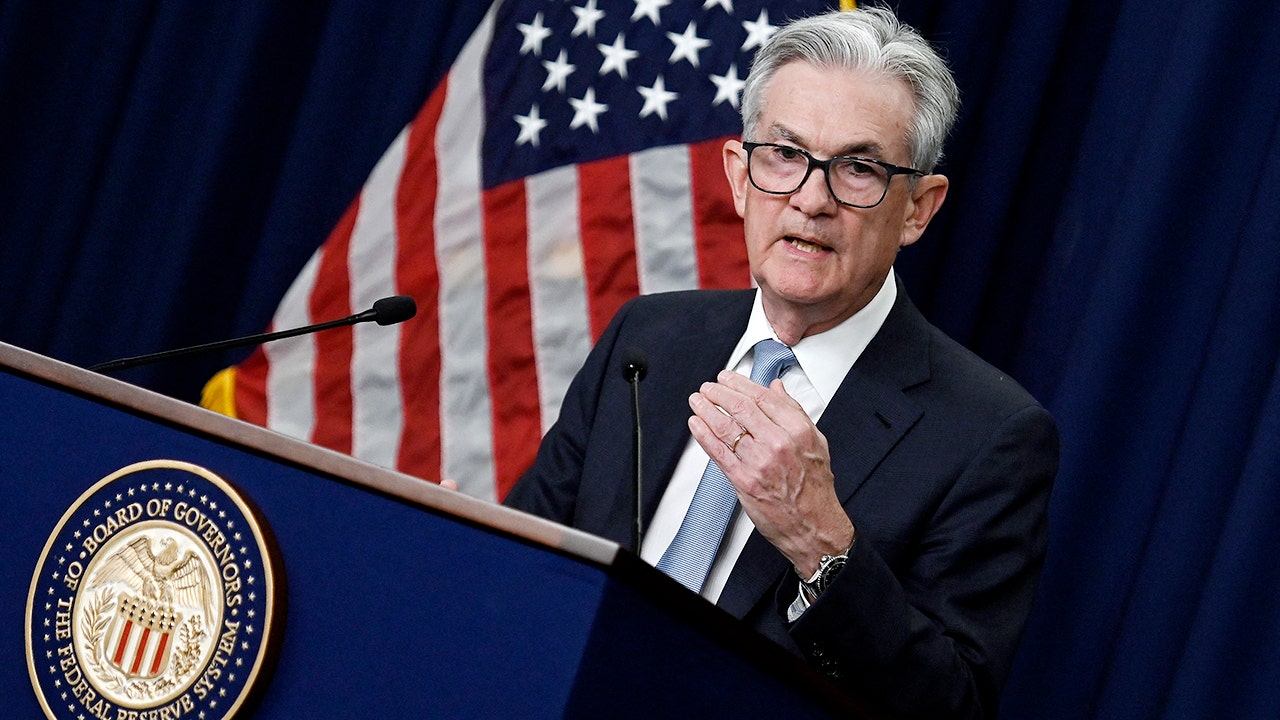- Fed Holds Firm Despite Political Heat
- Economic Projections Signal Stagflation Concerns
- Independence Under Scrutiny
Federal Reserve Chair Jerome Powell will face intense questioning from lawmakers this week as he delivers his semi-annual testimony to Congress, just days after the central bank held interest rates steady amid mounting political pressure for cuts and growing economic uncertainty.
Powell's appearance Tuesday before the House Financial Services Committee and Wednesday before the Senate Banking Committee comes at a pivotal moment, with the Fed navigating conflicting pressures from inflation risks driven by tariffs and calls from President Donald Trump for immediate rate reductions to stimulate the economy.

The Fed kept its benchmark rate unchanged at 4.25% to 4.5% last week for the fourth consecutive meeting, citing elevated uncertainty about the economic outlook12. Powell defended the decision during a June 18 press conference, saying the central bank is in "wait-and-see" mode as officials monitor the impact of tariffs on inflation and employment3.
"What everyone on the FOMC wants is a good, solid, American economy with a strong labor market and price stability," Powell said, emphasizing the Fed's focus on economic fundamentals over political considerations3.
According to Investopedia, Powell could face questions about "the Fed's decision to keep interest rates steady, the potential impact of the U.S. attack on Iran on the economy, and the Federal Reserve's independence from presidential control"1.
The Fed's latest economic projections revealed a more pessimistic outlook, with officials raising their median inflation forecast to 3% for 2025, up from 2.7% in March, while simultaneously lowering growth projections to 1.4% from 1.7%12. Unemployment is now expected to rise to 4.5% this year1.
"The summary forecasts that were published today imply that the FOMC sees a bit more stagflation than it did in March," said Wells Fargo Chief Economist Jay Bryson1.
The Fed's "dot plot" showed officials divided on future rate cuts, with seven of 19 members favoring no changes this year, while eight support two quarter-point cuts1.
Trump has publicly criticized Powell for not cutting rates more aggressively, arguing that lower rates are needed to revive the housing market and prevent recession1. The president previously called Powell an "enemy" during his first term and discussed the possibility of firing him2.
When asked in November whether he would resign if Trump requested it, Powell responded flatly: "No"3.
House Financial Services Committee ranking member Patrick McHenry has urged Powell to "reject outside political pressure in this volatile time and stay the course for the good of the American people"4.
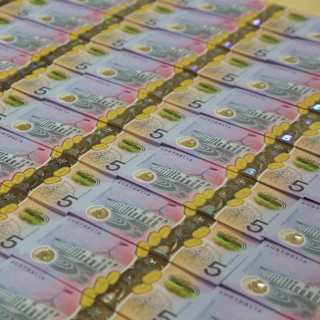
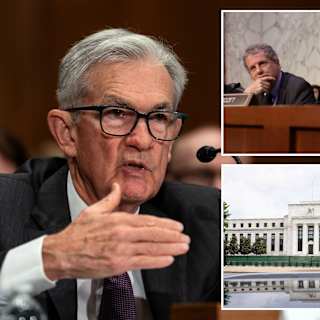
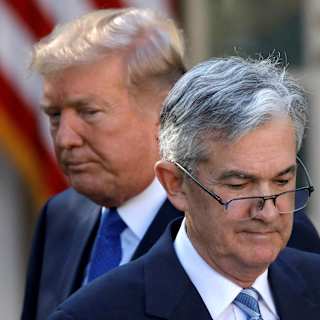
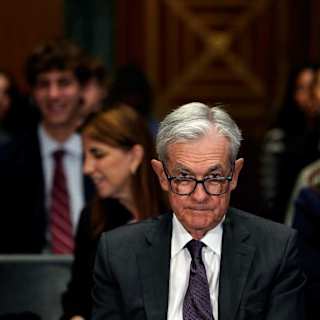
:max_bytes(150000):strip_icc()/GettyImages-2220145343-2159a857827d4ff7ad001f1f19318dd5.jpg)
